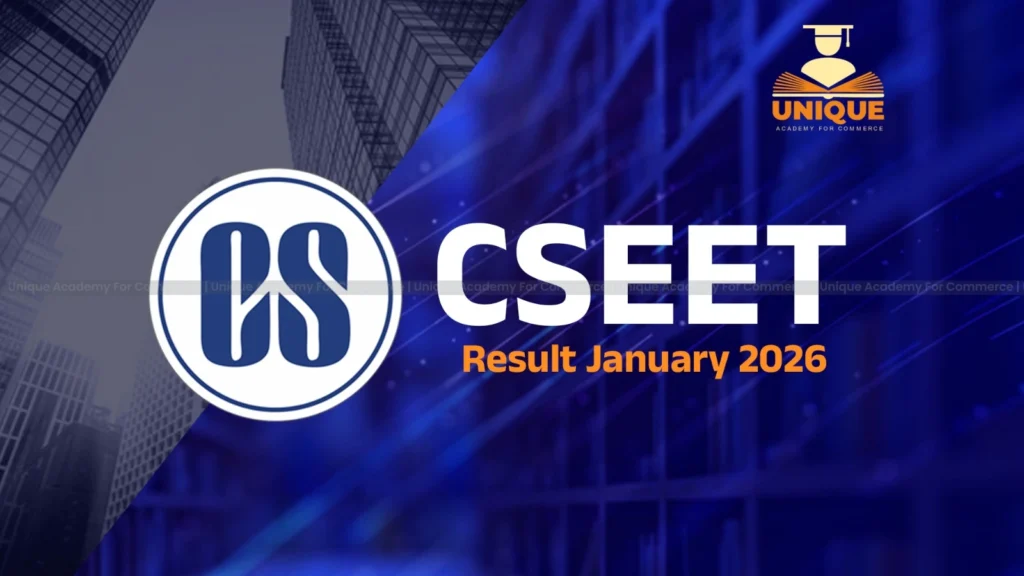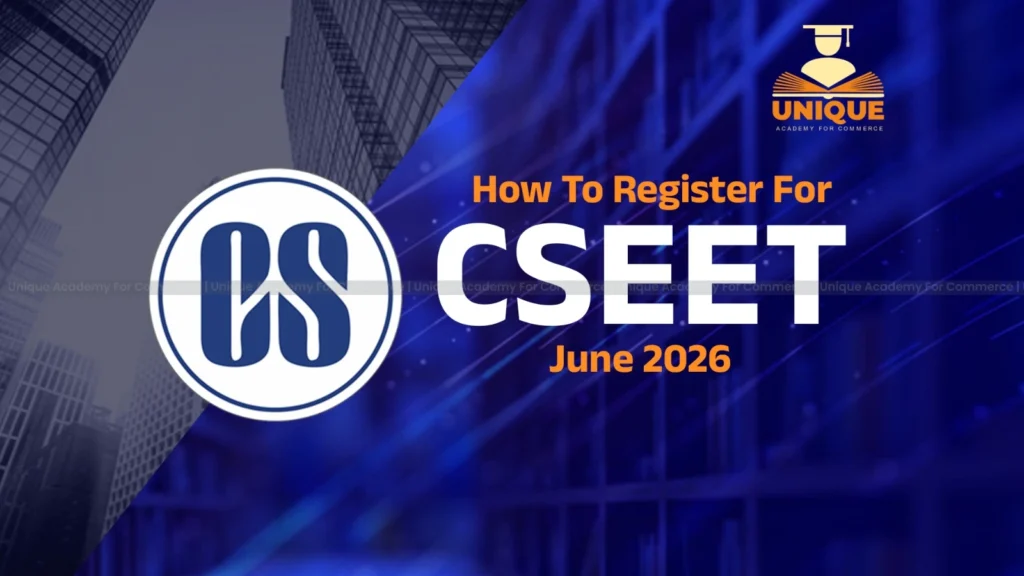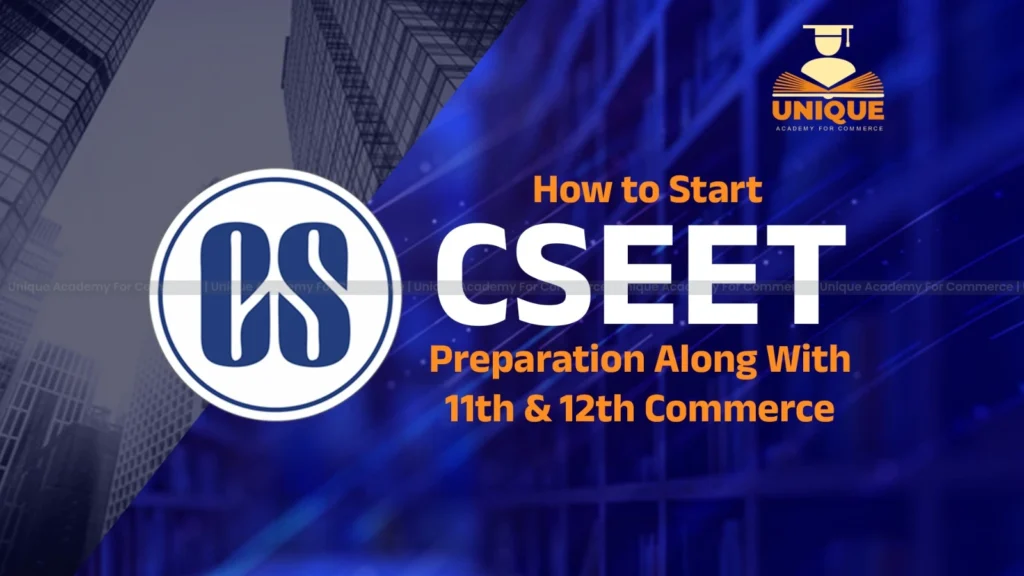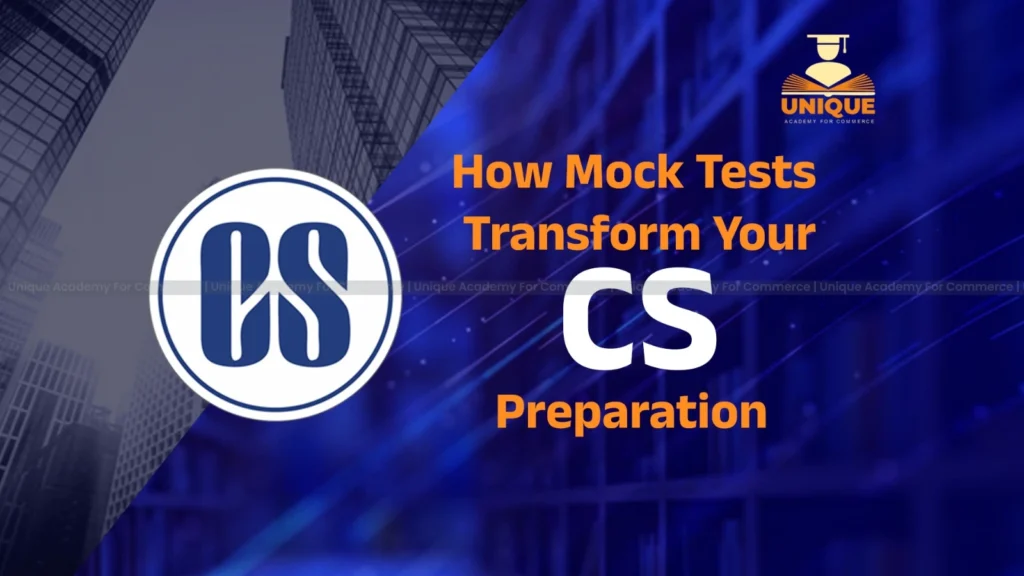What is Legal Aptitude in CSEET | How to prepare legal aptitude CSEET

Legal aptitude test is a part of the second subject of the CSEET examinations conducted by the ICSI. As the name suggests, this paper has been specifically designed by the Institute to check the student’s legal bend of mind and also for the students to confirm their interest in the area of law.
CSEET Legal Aptitude Syllabus – What do you study in legal aptitude for CSEET?
The main content is divided into further sub topics which include

- Indian Constitution
- Elements of general laws
- Elements of Companies Secretaries Legislation
- Elements of company law
- Legal reasoning
These parts contain several chapters each. Let us understand each of the parts in detail:
- Indian Constitution – This sub part consists of the basics of the Indian Constitution that every CS aspirant should know. It includes topics like Preamble, citizenship, fundamental rights and duties, directive principals of state policy, President and governor, Supreme court and High courts, and the amendments therein.
- Elements of general laws consists of two parts being contract act and the law of torts.
- Elements of Companies Secretaries Legislation – This part is going to help all the candidates understand the Institute that they are going to become members of in the future. It will also help the students understand their profession and understand their responsibilities and powers. It contains the functions of a company secretary, the vision, mission and motto of the Institute.
- Elements of company law – this part consists of the basics of company law that you should know before you start your fresh journey into the legal arena. So you will study about the types of companies, how a company is incorporated, types of capital, what is board of directors, business ethics etc.
- Legal reasoning – this part is specifically designed to help the students understand the fundamentals of tudying law. What is law, how is it interpreted, what are the very landmark judgements of the Supreme courts and high courts, legal terms and terminology, legal matrix, reading comprehension. This part is an eye opener for the students to get them to know what they are going to be working with in the future.
The legal aptitude paper carries 25 marks which is 50% of your Legal aptitude and logical reasoning paper. Students require total 20 marks (i.e. 40% marks) in aggregate to pass this subject out of the 4 subjects.
How can I increase my legal aptitude?
Basically, legal aptitude is essentially a theoretical subject. There are no practical questions involved. So it becomes in itself a challenge for some students who are not much into the habit of reading. However, learning legal aptitude is a skill.
You might not be born with it, but this subject will make sure that you are equipped with all the means and mindset to read a legal piece of matter and interpret it correctly. The subject includes certain chapters which help the students understand how the law is made, updated, read and interpreted.
Before reading further check out these posts:
And with time, for instance, reading the companies act which is a part of this subject, students will be able to understand the intention with which lawmakers draft the law. Together with all these things and some interest, a student would gradually build his legal aptitude.
How do you solve legal aptitude questions?
Following are some major points which can help you solve a legal aptitude question –
- Concept – Please bear this in mind that concept is king. In law, the only way you can actually score in your exam is if you know the legal provisions, you remember those provisions and you are able to apply those provisions to the situation given to you in the question. So students should focus on their conceptual clarity and whether they understand each and every word written in the law to heart.
- Sections – Sometimes it gets easier to remember the content when you can recall the section. Usually, Acts are divided into sections, each section is given a section number. Being able to learn the section number will give you a sense of getting a good grip on the subject and this will help you sitting in your exam hall.
- Mock tests – Another thing which you can do is to practice the mock test papers that the Institute releases. It will help you understand the kind of questions asked in the exams and so you can direct your energy and efforts accordingly
- cseet legal aptitude notes – Make your own notes. That is another mantra for cracking the CSEET entrance examinations. If you are able to make your own notes, you will be able to recall better. However, making your own notes is not a parameter for certainly passing the exams. Even if you are referring to the ICSI study material, or the reference material provided by your coaching classes, that will also do the work if you dedicatedly study those.
Legal Aptitude questions
Mostly legal aptitude paper comes in the form of Multiple choice questions. So you will have four options and only one of them would be the right answer.

Sometimes this format will help you get to the right answer. For instance, you can use the elimination method, by fitting every option into the question and looking at which fits it correctly. However, four options may also confuse you and so it is important for the students to know the whole concept.
Cseet legal aptitude multiple choice questions come in a format where you are given a factual situation. The situation would generally relate to a factual principle that you must have studied in your syllabus, so it is a matter of judgment and conceptual clarity that a student is able to put his finger on exactly the section the question is targeting to ask you about.
If you figure that out, the next step is to apply the factual principle correctly and answer the question out of the 4 given choices.
Students can refer to the MCQ issued by the ICSI on their official website to get a taste of the kind of questions.
Ultimately it depends on your dedication and hard work you are willing to put into it. All the best for your exam.
















